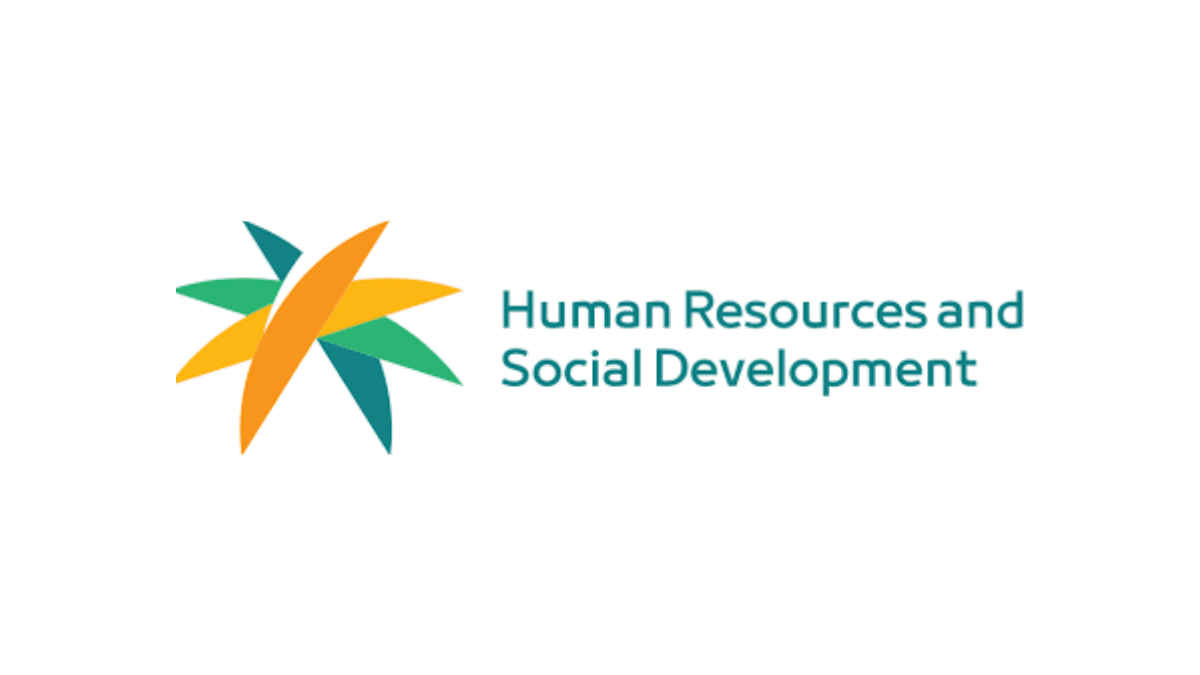Domestic workers in Saudi Arabia make up a significant portion of the workforce and play an important role in many households, but sometimes they face difficult working conditions, like not being paid or being mistreated. To protect their rights, the government has rules that allow them to change employers in certain situations without their current employer’s permission.
According to a statement by MHRSD spokesperson Saad Al Hammad, there are twelve situations in which domestic workers can change employers without the consent of their current sponsor. In this article, we’ll explore these twelve cases in detail and provide an overview of the policies governing domestic worker sponsorship transfer in Saudi Arabia.
The Rights of Domestic Workers: 12 Circumstances That Allow for Sponsorship Transfer Without Consent
In the following 12 cases, domestic worker sponsorship can be transferred to another sponsor without the consent of the current sponsor:
- Domestic worker sponsorship can be transferred without the consent of the current sponsor if the worker hasn’t received wages for three consecutive months.
- If the sponsor does not accept the maid, who arrives in Saudi Arabia on a new visa within fifteen days.
- Non-issuance of Iqama to the worker.
- No renewal of Iqama, even after 30 days of the expiry.
- Unlawful transferring of services to others.
- Forcing workers to perform jobs that pose a threat to health and safety
- Mistreatment by the employer or family members.
- Trapping the worker in a fake “huroob” (absconding) case.
- Employers cause delays in the trial of labor complaints filed by employees against them.
- Even if the employer or their legal representative is absent from the two Labor Disputes Reconciliation Committee hearings, their consent is not required to change the sponsorship of domestic workers.
- If the concerned departments report a possibility of harm to the worker while investigating complaints, the sponsorship can be transferred.
- The sponsorship can be changed if the employer cannot attend the labor case trial due to travel, imprisonment, or other reasons.
According to Saad Al Hammad, domestic workers in Saudi Arabia have the right to return to their home countries once their employment contract expires. Moreover, the new employer is allowed to hire the worker on a trial basis for a maximum of 15 days before the sponsorship is transferred, during which the worker must receive wages. Additionally, the new employer is required to cover the cost of the sponsorship change fee and any expenses incurred by the domestic worker during their stay at the shelter.
More from KSAexpats.com:
